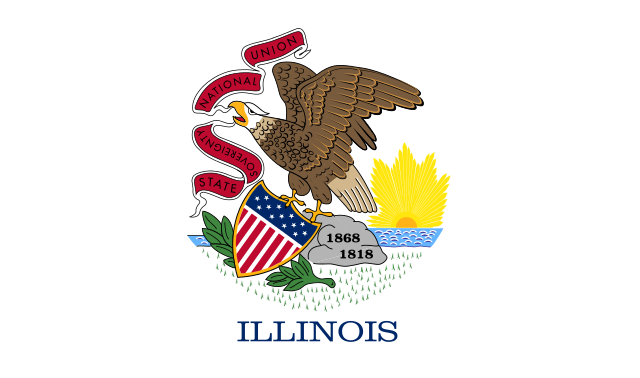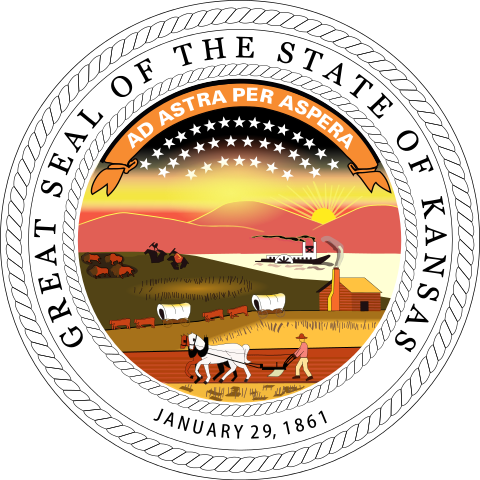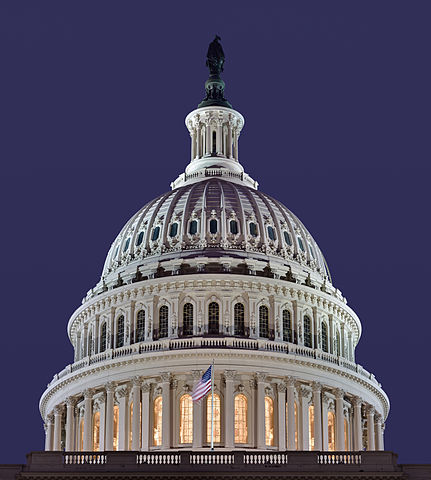 A recent piece in The Economist wonders whether Illinois’ pension debt might lead the state down the same path as Greece.
A recent piece in The Economist wonders whether Illinois’ pension debt might lead the state down the same path as Greece.
From the Economist, and re-published by Business Insider:
Illinois is like Greece in one obvious way: It overpromised and underdelivered on pensions and has little appetite for dealing with the problem, says Hal Weitzman of the University of Chicago Booth School of Business.
This large Midwestern state, with a population of 13 million (Greece has 11 million, though a far smaller GDP than Illinois), has the most underfunded retirement system of any state and the largest pension burden relative to state revenue. It also has the highest number of public-pension funds close to insolvency, such as the one looking after Chicago’s police and firemen.
[…]
The state devotes one in four of its tax dollars to pensions, which is more than it spends on primary and secondary education.
Mainly as a result of this gargantuan pension debt, Illinois’s bond rating is the lowest of all the states, which means dramatically higher borrowing costs.
When the state government failed to address pension underfunding in its budget for 2014, two credit-rating agencies, Fitch and Moody’s, cut the state’s bond rating, which in Moody’s case put Illinois on a par with Botswana. (An incensed editorial in the Chicago Tribune asked what Botswana had done to be so insulted.)
The main reason for the pension debacle is decades of underfunding. “Everything was always done with a short-term view,” says Laurence Msall, head of the Civic Federation. “Unique to Illinois is the idea that you don’t have to pay for pensions and you don’t have to follow actuarial recommendations.”
Whereas most other states follow the rules set by the Governmental Accounting Standards Board (GASB), which, however imperfect, require some budget discipline, Illinois has mostly ignored them.
Read the entire piece here.


